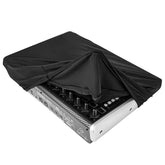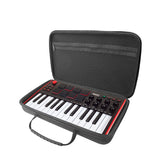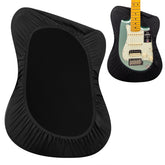Common Misconceptions in Piano Learning: Debunking Myths and Nurturing Progress
1. Using Electronic Keyboard Instead of Piano
Some may think that electronic keyboards are cheaper than pianos, so they opt to learn with electronic keyboards instead of pianos. This notion is incorrect. The range, sound production, key action, and pedal usage of electronic keyboards differ from pianos. Although they may seem similar on the surface, they are entirely different instruments and cannot be substituted for each other.

2. Frequently Changing Piano Teachers
Every teacher has a different teaching style. Some emphasize fundamentals, believing that mastering the basics is crucial before tackling more advanced stages. Hence, some students may initially progress slowly but eventually show the fastest improvement. Frequently changing teachers means having to readjust, which is highly detrimental to the effectiveness of learning piano.
3. Dealing Passively with Plateaus
When a child encounters a plateau in their learning progress, parents should not ignore it, as this could lead to quitting halfway through learning. Instead, parents should help the child overcome the challenge, encouraging them to face difficulties positively and find joy in piano learning once again.

4. Believing Faster Piano Playing Speed is Better
In piano playing, mastering the correct and appropriate speed enhances the artistic expressiveness of the music. Pursuing speed alone is insufficient. Players should follow the correct fingering and speed indicated in the score, rather than blindly aiming for fast playing.







